Unlocking the Nutritional Powerhouse: The Amazing Health Benefits of Pumpkin
Pumpkin, often associated with autumn festivities and spooky Halloween decorations, is far more than just a seasonal novelty. This versatile fruit, available in various shapes, sizes, and colors, is packed with essential nutrients that offer a wide range of health benefits. From boosting your immune system to supporting weight management, incorporating pumpkin into your diet can be a delicious and effective way to improve your overall well-being. Read on to discover the many ways this vibrant fruit can contribute to a healthier you.
The Rich History and Varieties of Pumpkin
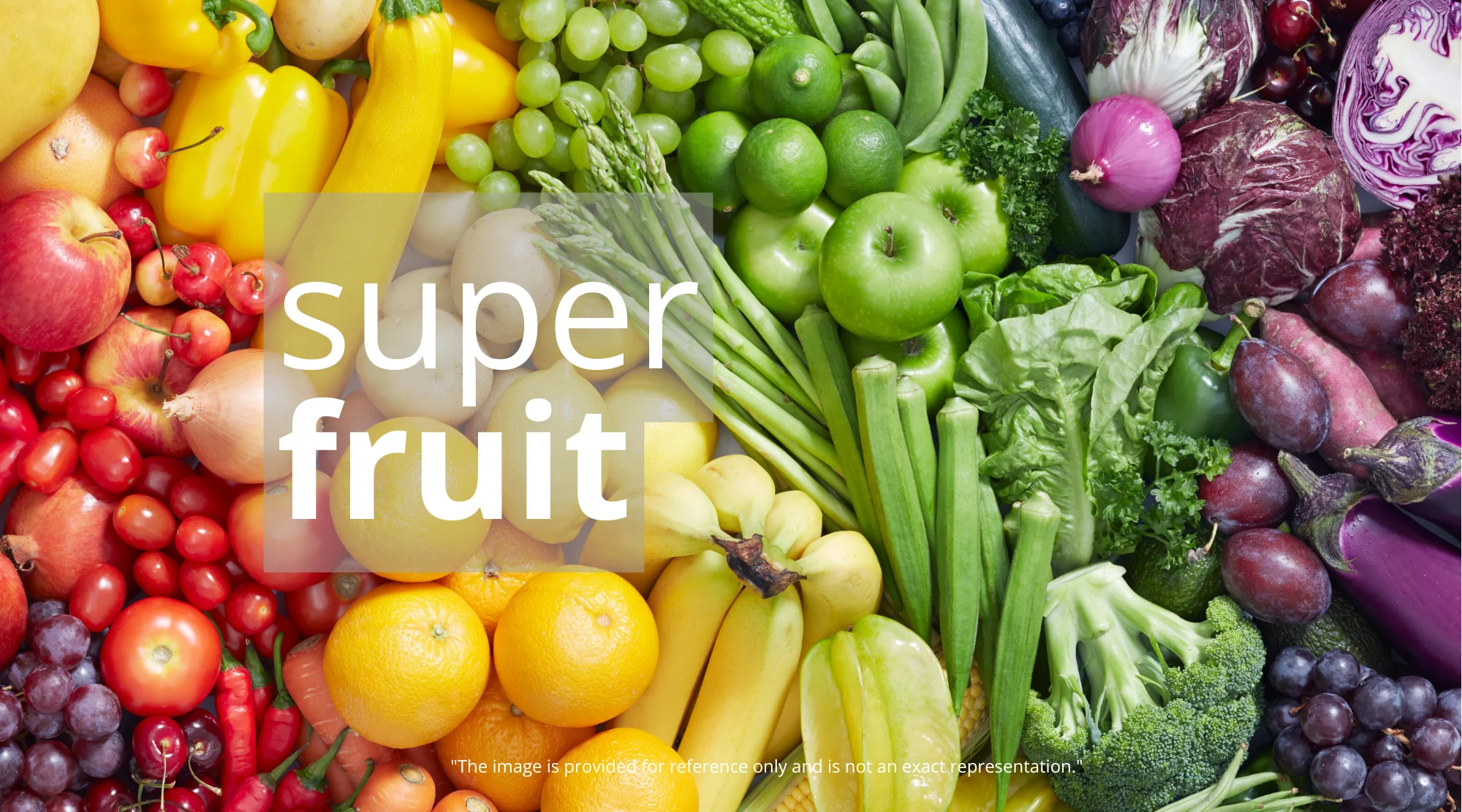
While its exact origins remain somewhat unclear, the pumpkin boasts a rich history dating back centuries. Evidence suggests its use by ancient civilizations, including the Hebrews, Chinese, and Egyptians. In the Americas, pumpkin remnants have been found in pre-Columbian Inca tombs, highlighting its significance as a food source. European cultivation began in the 15th century, further solidifying the pumpkin’s global presence.
Pumpkins present themselves in different ways, including spherical and flattened or oval and elongated shapes. Colors can range from orange and yellow to green, white, black, and even purple. The flesh is typically orange and filled with seeds, but this can vary. This diversity makes pumpkin a fascinating subject for botanists and a delightful ingredient for chefs.
Nutritional Profile: What Makes Pumpkin So Good for You?
Pumpkin’s nutritional value is truly impressive. It is low in calories and fat while being rich in essential vitamins, minerals, and antioxidants. Key nutrients found in pumpkin include:
- Fiber: Both soluble and insoluble fiber promote healthy digestion, prevent constipation, and contribute to feelings of fullness. The latter can be particularly helpful in weight management. You can also read our article on Fiber Intake: How Much Do You Really Need Daily? to learn more about the importance of this nutrient.
- Potassium: This essential mineral helps regulate blood pressure and supports healthy heart function.
- Vitamin C: A powerful antioxidant that boosts the immune system and protects against cellular damage. You can also read our article on Vitamin C: Finding the Best Type for Your Health Needs to learn more.
- Beta-Carotene: A precursor to vitamin A, beta-carotene is crucial for vision health, immune function, and skin health.
- Other Vitamins and Minerals: Pumpkin also contains vitamin E, riboflavin, iron, and manganese, further contributing to its health-promoting properties.
This combination of nutrients makes pumpkin a valuable addition to any healthy diet.
The Health Benefits of Eating Pumpkin
Due to its great nutritional profile, incorporating pumpkin into your diet can result in the following health benefits:
Weight Management Support
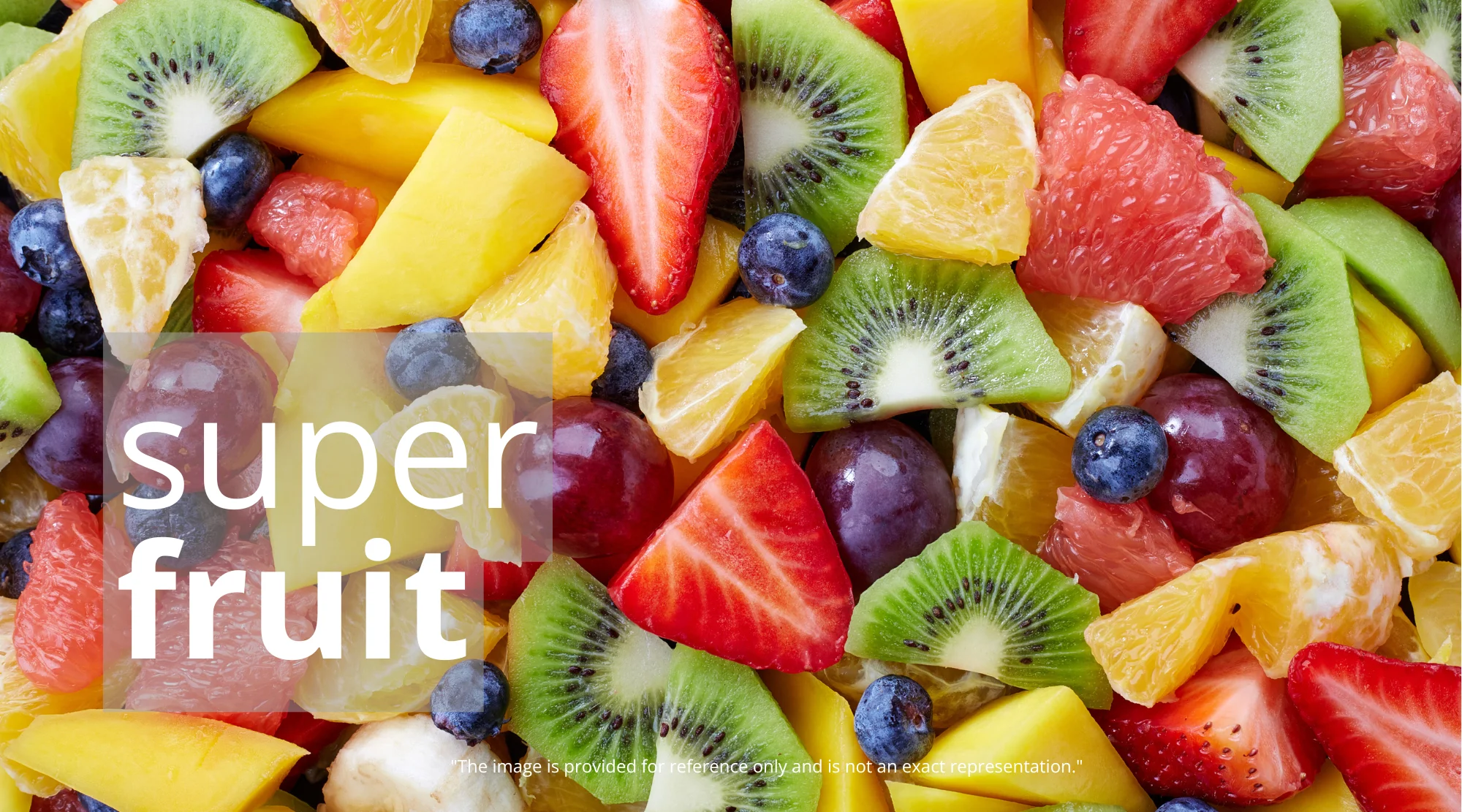
Pumpkin’s low-calorie and high-fiber content make it an excellent choice for those looking to manage their weight. The fiber helps you feel fuller for longer, reducing the likelihood of overeating. Additionally, the high water content contributes to hydration, which is crucial for overall health and can also aid in weight loss efforts.
Digestive Health Improvement
The fiber in pumpkin plays a vital role in promoting healthy digestion. It adds bulk to the stool, making it easier to pass and preventing constipation. A healthy digestive system is essential for nutrient absorption and overall well-being.
Blood Pressure Regulation
Pumpkin is rich in potassium and low in sodium, making it beneficial for regulating blood pressure. Potassium helps to counteract the effects of sodium, promoting healthy blood vessel function and reducing the risk of hypertension. You can also read our article on New High Blood Pressure Guidelines: Your Guide to Prevention & Treatment to learn more.
Immune System Boosting
The high levels of vitamin C and beta-carotene in pumpkin contribute to a strong and healthy immune system. These antioxidants help protect the body against free radical damage, reducing the risk of chronic diseases and infections.
Eye Health Promotion
Beta-carotene is converted into vitamin A in the body, which is essential for maintaining good vision. Adequate vitamin A intake can help prevent age-related macular degeneration and other eye conditions. According to the American Academy of Ophthalmology, vitamin A deficiency can lead to night blindness and other vision impairments. (External link to: https://www.aao.org/)
Heart Health Support
The fiber, potassium, and antioxidants in pumpkin contribute to a healthy cardiovascular system. Fiber helps lower cholesterol levels, while potassium helps regulate blood pressure. Antioxidants protect against oxidative stress, reducing the risk of heart disease.
Potential Side Effects and Precautions
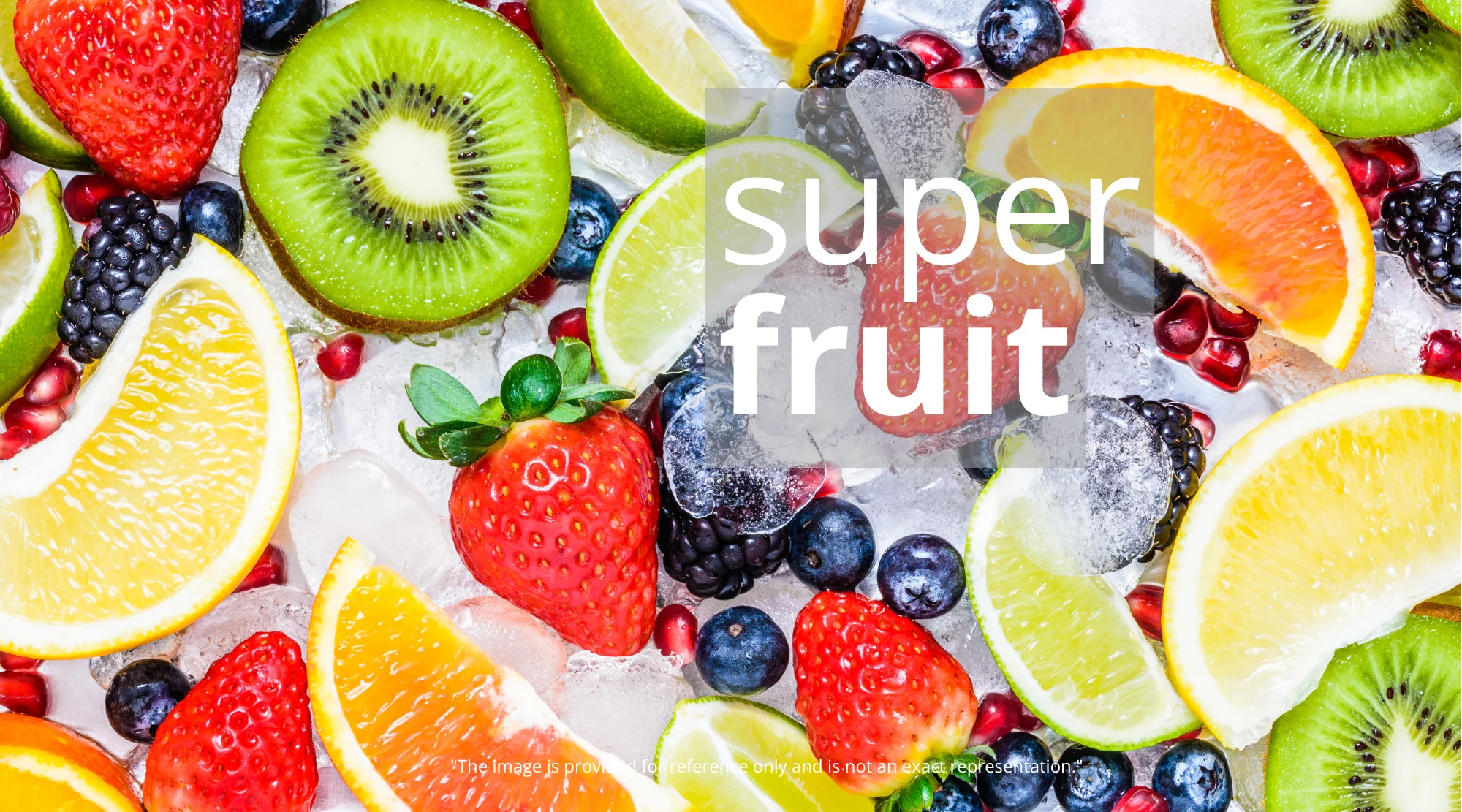
While pumpkin offers numerous health benefits, it’s essential to be aware of potential side effects and precautions.
- Seed Consumption: Eating too many pumpkin seeds can lead to indigestion and diarrhea due to their high fiber content.
- Allergies: Some individuals may be allergic to pumpkin seeds, experiencing symptoms such as skin rashes, hives, or difficulty breathing.
- Diuretic Effects: Pumpkin has natural diuretic properties. Combining it with diuretic medications can lead to excessive fluid and electrolyte loss.
- Blood Sugar Levels: People with diabetes should monitor their blood sugar levels when consuming large amounts of pumpkin, as it may lower blood sugar.
- Vitamin A Metabolism: Individuals with disorders related to vitamin A metabolism should moderate their pumpkin intake due to its high beta-carotene content.
If you have any concerns about consuming pumpkin, consult with a healthcare professional.
Tips for Safe and Enjoyable Pumpkin Consumption
To enjoy the health benefits of pumpkin safely and effectively, consider these recommendations:
- Moderation: Include pumpkin as part of a balanced diet.
- Proper Preparation: Cooking pumpkin properly can reduce potential side effects like bloating.
- Medical Consultation: If you have chronic conditions, allergies, or are taking medications, consult with a healthcare professional before significantly increasing your pumpkin consumption.
Incorporating Pumpkin into Your Diet: Delicious and Creative Ideas
There are countless ways to enjoy pumpkin, from savory dishes to sweet treats. Here are a few ideas to get you started:
- Pumpkin Soup: A classic and comforting dish that’s perfect for chilly days.
- Pumpkin Pie: A traditional dessert that’s synonymous with autumn.
- Roasted Pumpkin: A simple and versatile side dish that can be seasoned with herbs and spices.
- Pumpkin Seeds: A nutritious snack that can be roasted with salt and spices.
- Pumpkin Smoothies: A healthy and delicious way to start your day.
You can easily find recipes online and experiment with different flavors and combinations to find your favorite ways to enjoy pumpkin. The Mediterranean Diet: Your Guide to a Longer, Healthier Life could provide you with some inspiration.
Conclusion: Embrace the Goodness of Pumpkin
Pumpkin is a true nutritional powerhouse, offering a wide range of health benefits. From supporting weight management and promoting digestive health to boosting your immune system and protecting your heart, this versatile fruit is a valuable addition to any healthy diet. By incorporating pumpkin into your meals and snacks, you can reap its numerous health benefits and enjoy its delicious flavor. So, embrace the goodness of pumpkin and make it a regular part of your healthy lifestyle. Always remember to consult your doctor or a qualified healthcare professional for personalized advice. The information provided in this article is for general knowledge and informational purposes only, and does not constitute medical advice.


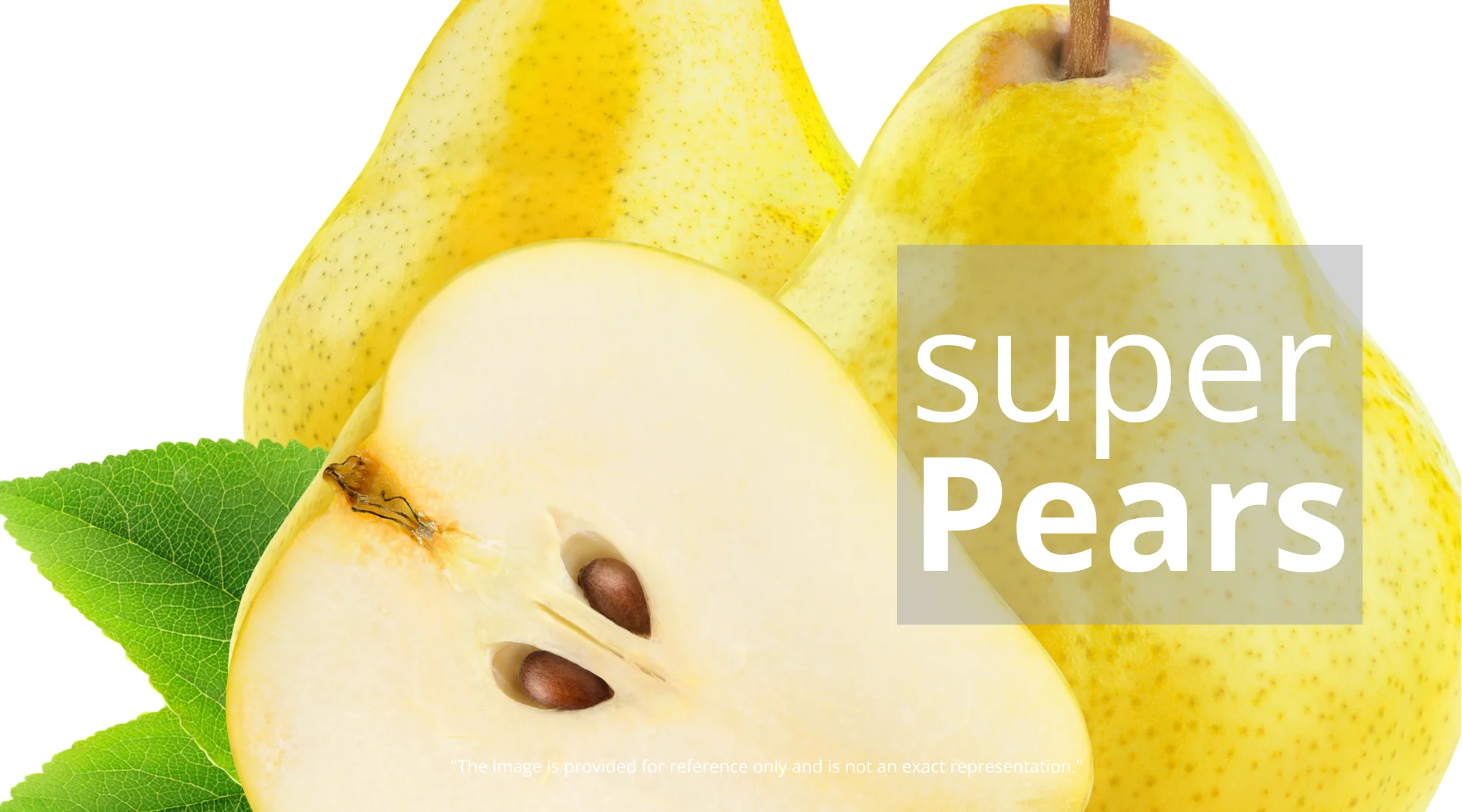
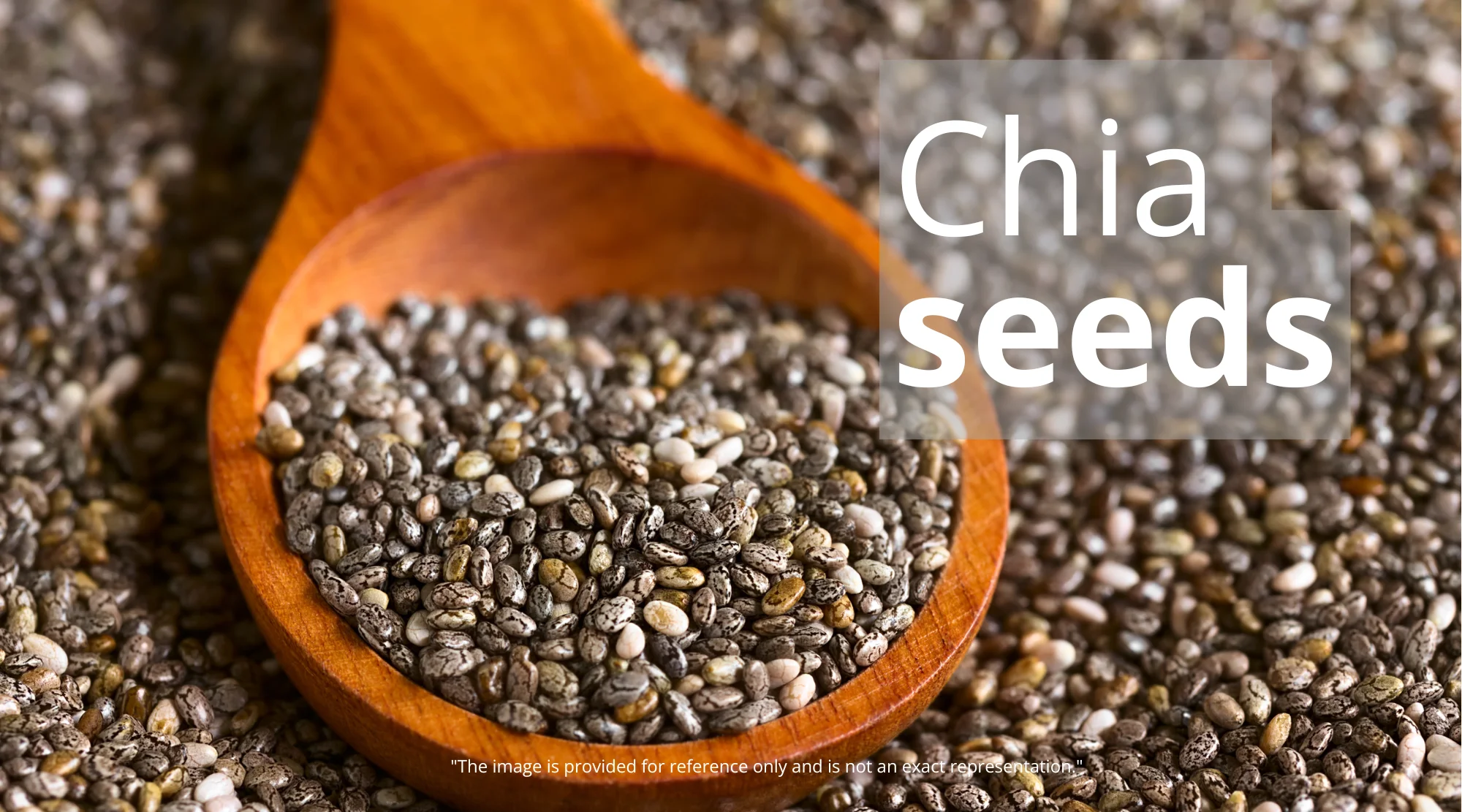










Post Comment